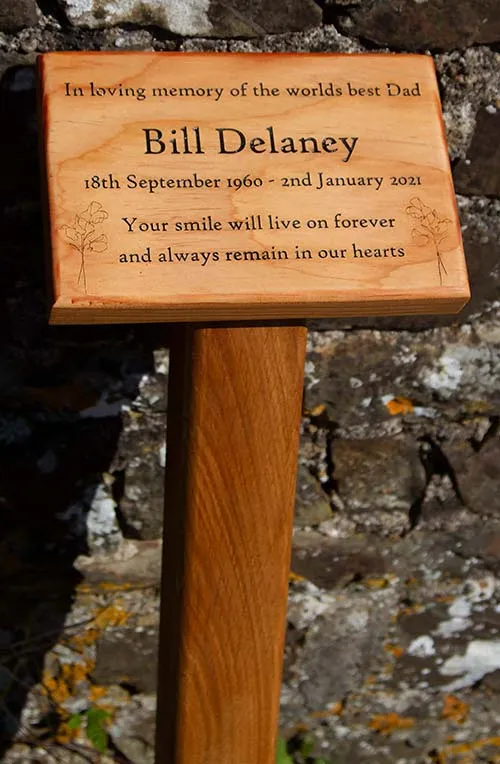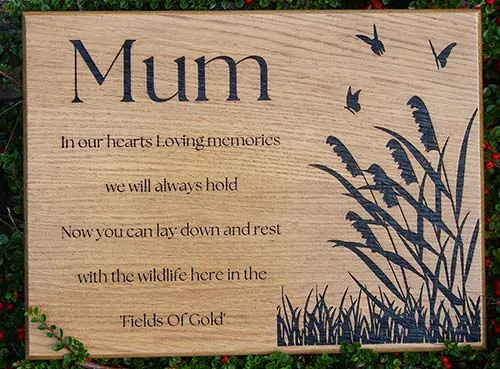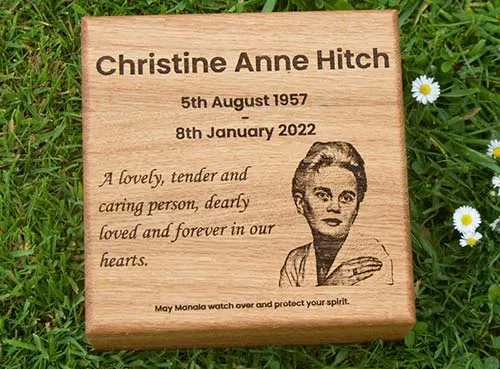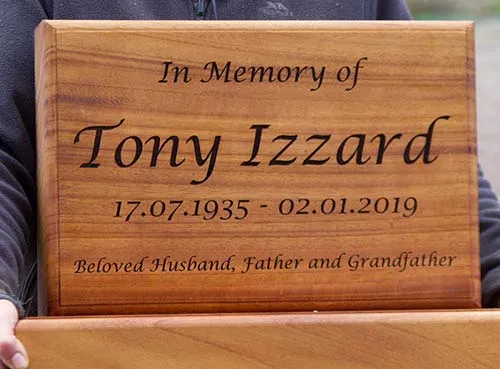The Sign Maker: Top Tips for a Green Burial
The More Natural Funeral
Home > Natural Funeral
Natural Funeral...

Natural Funerals and Eco-Friendly Burials
Green burial offers a profound way to return to the earth, completing the natural life cycle and becoming part of the ecosystem. It's a practice that honours the interconnectedness of all living things, allowing loved ones to rest in a natural setting, be it a peaceful woodland, a vibrant meadow, or a serene garden. Choosing green burial is a commitment to environmental stewardship, ensuring that the final resting place becomes a haven for wildlife and contributes to the health of the land for generations to come.
A natural funeral emphasises simplicity and sustainability. Only biodegradable caskets, shrouds, or urns made from natural materials are used. Embalming, which introduces chemicals into the earth, is avoided. Instead, the natural process of decomposition is respected, allowing remains to nourish the soil and support new life. Grave markers are often natural and unobtrusive, such as native stones or memorial trees, blending seamlessly with the surrounding environment.
Green burial offers a meaningful alternative, honouring loved ones while positively contributing to the planet. It reflects respect for nature and a desire for environmental responsibility. For those seeking a natural and eco-conscious farewell, green burial provides a beautiful, comforting option, connecting us to life's enduring cycle.
Here are some top tips for planning a more natural funeral:
- As long as certain guidelines are followed to avoid potential public health risks, there is no law against being buried on your own land. But do check there are no covenants on the deeds to prohibit this.
- Compared to a conventional funeral, which can cost £3,000-£6,000, a natural burial can be considerably less.
- Rather than a traditional solid wood coffin, consider one made from a mix of 80% waste wood and 20% FSC-certified wood with a biodegradable cotton lining.
- Whilst wicker and cardboard are the mostly commonly thought of alternatives for coffins, it is possible to be buried in wool, bamboo or even banana leaf.
- Bio-degradable urns are a thoughtful option. By putting the seed of a tree inside the urn, as the urn decomposes, the tree flourishes as a permanent reminder of the life of a loved one.
- Opt for a natural stone or wooden memorial, to be in keeping with the environment.
- Embalming is a process that preserves the body using chemicals. These chemicals can be harmful to the environment. If you do choose a natural burial, it is important to avoid embalming.
Loading Content ...







